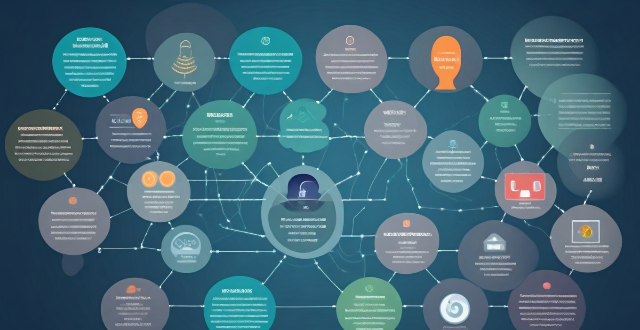Effective communication of climate science to the general public is crucial for raising awareness and promoting action on climate change. Strategies include using simple language, visualizing data, telling stories, providing actionable steps, collaborating with influencers, and addressing concerns and misconceptions.

How Can We Effectively Communicate Climate Science to the General Public?
Effectively communicating climate science to the general public is crucial for raising awareness and promoting action on climate change. Here are some strategies that can help make this communication more effective:
Use Simple Language
When explaining complex scientific concepts, it's important to use simple language that is easy for everyone to understand. Avoid using jargon or technical terms that may confuse or alienate your audience. Instead, focus on conveying the key messages in a clear and concise manner.
Visualize Data
Data visualization is a powerful tool for communicating climate science. By presenting data in a visual format, such as graphs, charts, or infographics, you can help people better understand complex information and see patterns that might not be apparent from raw numbers alone.
Tell Stories
People are naturally drawn to stories, so incorporating narratives into your communication can make it more engaging and memorable. You could share personal experiences, anecdotes from experts in the field, or even fictional scenarios that illustrate the potential impacts of climate change.
Provide Actionable Steps
While it's important to raise awareness about climate change, it's equally important to provide actionable steps that people can take to reduce their carbon footprint and contribute to mitigating its effects. This could include suggesting lifestyle changes, advocating for policy changes, or highlighting opportunities for individual or community action.
Collaborate with Influencers
Collaborating with influencers who have a large following on social media or other platforms can help expand your reach and credibility. Look for individuals or organizations who share your values and goals, and work together to create compelling content that resonates with their audience.
Address Concerns and Misconceptions
It's important to acknowledge and address any concerns or misconceptions that people may have about climate change. This could involve correcting common myths, providing evidence-based responses to skepticism, or offering resources for further learning and exploration.
By implementing these strategies, you can effectively communicate climate science to the general public and inspire positive action towards a healthier planet.